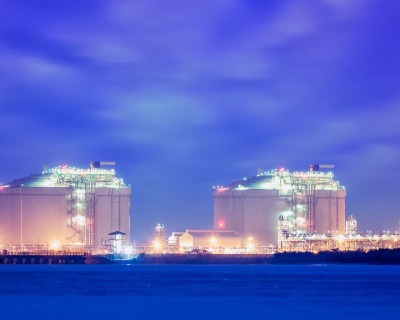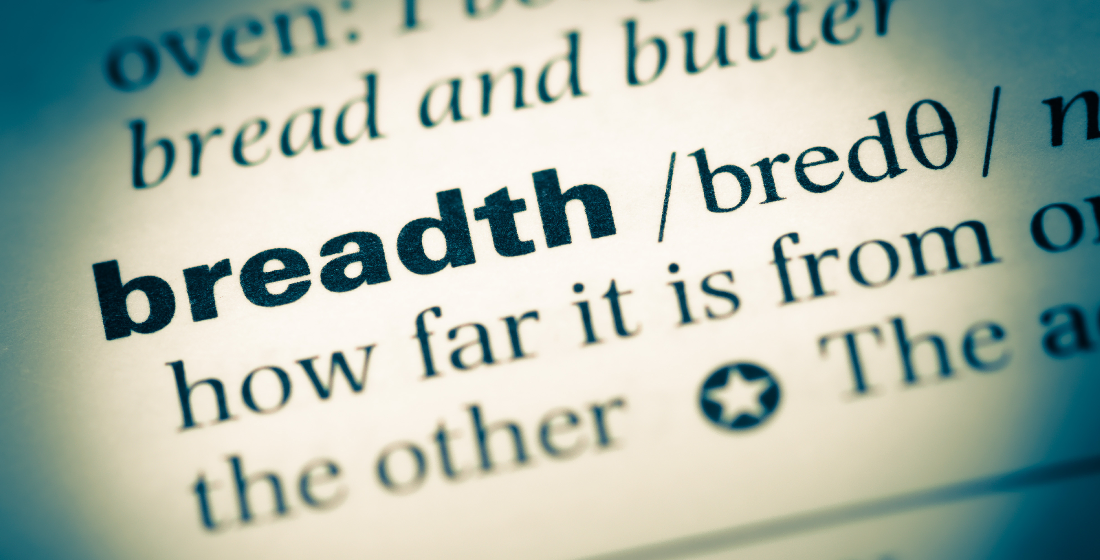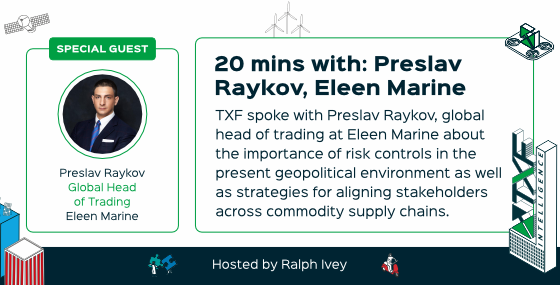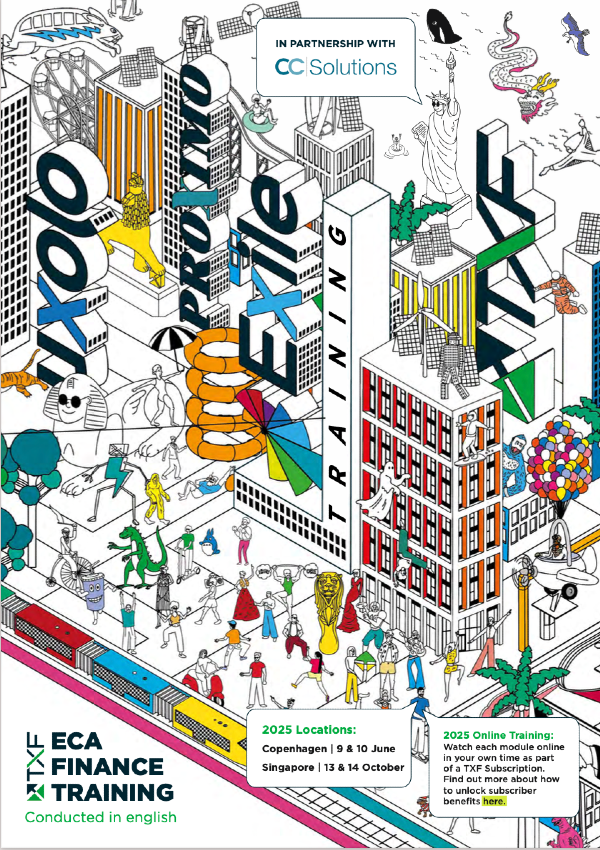ECAs fuel Mozambique LNG project amid IMF caution
ECAs are to offer guarantees for two LNG projects in Mozambique, as commercial lenders watch closely to see how talks progress between the government and the IMF before committing to the project.

ECAs are to offer guarantees for two LNG projects in Mozambique, as commercial lenders watch closely to see how talks progress between the government and the IMF before committing to the project.
Export credit agencies (ECAs),including the Export-Import Bank of Korea (Kexim), France's Coface, Italy's Sace, and the Export-Import Bank of China (China Exim), are set to play a key role in the financing of two Rovuma Basin liquefied natural gas (LNG) projects planned in the north of Mozambique.
Mozambique's cabinet of ministers approved five decrees last week to update the exploration and production concession contracts awarded a decade ago for two blocks – Area 1, now operated by US oil and gas producer Andarko Petroleum Corp; and Area 4, now operated by Italian oil and gas firm Eni. The original contracts were drafted assuming oil would be found, and the contacts have now been updated to promote gas and LNG development.
The approved arguments will allow conditions to be created to obtain financing and implement Anadarko's Golfinho and Atum LNG project – which is expected to produce 2.8 million cubic metres per day – and Eni's Coral South FLNG project.
ECAs and commercial banks will watch closely to see how talks progress between the government and the International Monterey Fund (IMF) before committing to the project, a banker close to the negotiations tells TXF. The IMF suspended lending to Mozambique following debt revelations after the country violated its borrowing arrangement after failing to disclose more than $1 billion in other loans.
"The Mozambique LNG project will lean heavily on support from ECAs for financing," says the banker. "In general, the ECAs are quite a conservative bunch, but things are going in the right direction in terms of the IMF ultimately resuming financing."
The financing of Eni’s Coral South FLNG project will provide some indication of attitudes towards Anadarko’s Mozambique LNG development, says the banker. The Italian oil player, which has signed a binding sales and purchase agreement to sell the full 3.4 metric tonnes per annum (mtpa) of the project’s output to UK oil major BP, is now evaluating the first commercial bank offers and hopes to tie up the financing within the next few months.
Eni is looking for around $4 billion from project finance banks for its $5-6 billion FLNG vessel. Therefore there will be plenty of ECA involvement as banks will also be lending under the cover of guarantees. The upstream portion of the project will be financed by the Area 4 consortium on balance sheet.
"The Coral South project is moving ahead, despite the fact the IMF programme hasn’t resumed," says the banker. "So it is on a case by case basis, but in general they will want to see the country moving in the right direction, which it appears to be. And I think on that basis they’ll provide their support. They take a very long-term view, of course."
Raising the debt
A team from the IMF arrived in Maputo at the end of November and will remain in the capital until Q1 2017 to discuss resuming lending to the country. One of the conditions for the talks to restart was that Mozambique agree to an independent audit into the three controversial deals that were taken out in 2013-2014.
International forensic audit firm Kroll is now conducting the investigation. The firm has 90 days to complete the audit, which will later be made public.
Managing director at Petroleum Development Consultants, David Aron, explains to TXF: "Raising the debt for the project was always going to be a major challenge in a frontier market, but today’s environment – with oil prices and LNG demand still low – is especially tough."
Mozambique is effectively bankrupt after the government guaranteed $2 billion in debt to three state-owned maritime security companies – EMATUM, ProIndicus and MAM – that it cannot now pay back, which has made lenders even more cautious.
Additionally, the current surplus in LNG has created a fall in prices, says Aron. "This means the lenders could also be looking at the profitability of the project in terms of repayment as a precaution," he adds.
As well as aiming to close the Coral South financing by early 2017, Eni is also in the process of finalising a deal for ExxonMobil to buy 50% of its stake in Area 4. The US oil behemoth has already taken a bet on Mozambique after winning three offshore blocks in the country’s fifth licensing round last year. However, Mozambique’s government would welcome the company’s involvement in the Rovuma Basin gas projects as well.
Aron concludes: “Observers have noted that Anadarko’s lack of LNG experience and limited liquidity could mean it will struggle to pull off a project of this scale in a country such as Mozambique.”





